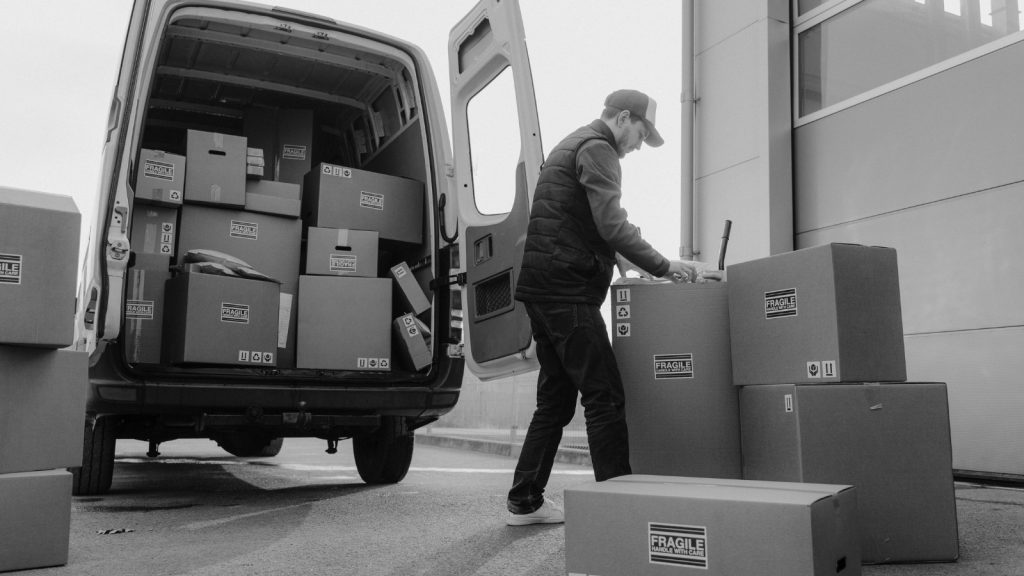Navigating the Road Ahead: Key Challenges Facing the Commercial Vehicle Industry

The economy depends heavily on the commercial vehicle sector. Trucks, buses, and mini-trucks are among the vehicles used for moving goods and services. Nevertheless, a number of obstacles hinder this industry's expansion and effectiveness. In this article, We will discuss some of the major issues that the commercial vehicle industry is now facing.
Shortage of drivers
The absence of skilled drivers continues to raise concerns, aided with factors such as low pay and harsh working hours.This deficiency has consequences on the delivery time frames, operational costs and the entire productivity. In addition, the older workforce coupled with the difficulty of getting the younger population into the industry increases this concern even more.
Regulatory Compliance
The owners and operators of commercial vehicles must adhere to a wide range of interrelated and frequently modifying aspects that include legal provisions governing safety, environment, working hours etc. Quite a number of environmental related restrictions and regulations such as the Bharat Stage VI and GRAP restrictions pose a challenge on the industry. On the other hand, cross border customs laws also restrict and impose challenges on freight movements.
Vehicle Maintenance and Downtime
Fleet owners often face challenges of maintaining their vehicles and minimizing downtimes. Maintenance activities and replacing of parts are necessary for the proper functioning of vehicles and avoiding breakdowns, however these steps are both costly and tedious. Unforeseen breakdown can lead to delays and loss in revenue.
Increasing Fuel Costs
Fuel costs are among the largest costs for commercial vehicle operators. Fluctuations in fuel prices brought about by geopolitical issues, changes in crude oil supply, and environmental policies could create some challenges in profitability and pricing.
Supply chain Disruptions
Geopolitical instability or other natural catastrophes can lead to delays in the supply of parts, increased costs as well as pose challenges in the ability to meet delivery timelines. Trade restrictions, tariffs and port congestion can also complicate international logistics.
Environmental Sustainability
The persistent call for reduced carbon footprint and the need for environmental friendly practices affects vehicle manufacturers as well as operators. Green technologies and green fuels are necessary for meeting legal norms as well as for meeting consumer demand. Moving towards a greener commercial fleet is encouraged, however, making the change is costly in the short run.
Rising Insurance Costs
The operational nature of commercial vehicles is by default high risk, and higher the risk means higher premiums. This is even more relevant in long-haul trucks and high-risk industries. Additionally, the costs associated with claims settlements, regulatory fines, and litigation can add to the financial strain on fleet operators.
Issues Pertaining to the Urbanization Process and its Associated Problems
When we talk about quickly developing growing urban settlements, one troubling aspect is the traffic congestion which disrupts delivery schedules and inflates fuel wastage and reduces productivity. Further, the cities may impose more stringent requirements as to the access for vehicles, emissions, road charges, etc., which burdens the fleet management even more.
Competition and Price Pressure
The commercial vehicle segment does not lack in competition and operators are expected to charge lower prices whilst also providing the necessary services. Established fleet operators have more resources to absorb cost increases, but fleet owners which operate at a much smaller level face difficulties due to increased costs and competition . Such level of competitiveness can lead to a race to the bottom in pricing, which will negatively affect profitability.

A multimodal strategy that incorporates technological innovation, and cooperation with regulatory agencies is needed to address these issues. To succeed in this competitive landscape, it is important to adapt to consumer preferences and investments in a sustainable future.
नवीनतम समाचार
सभी समाचार देखें